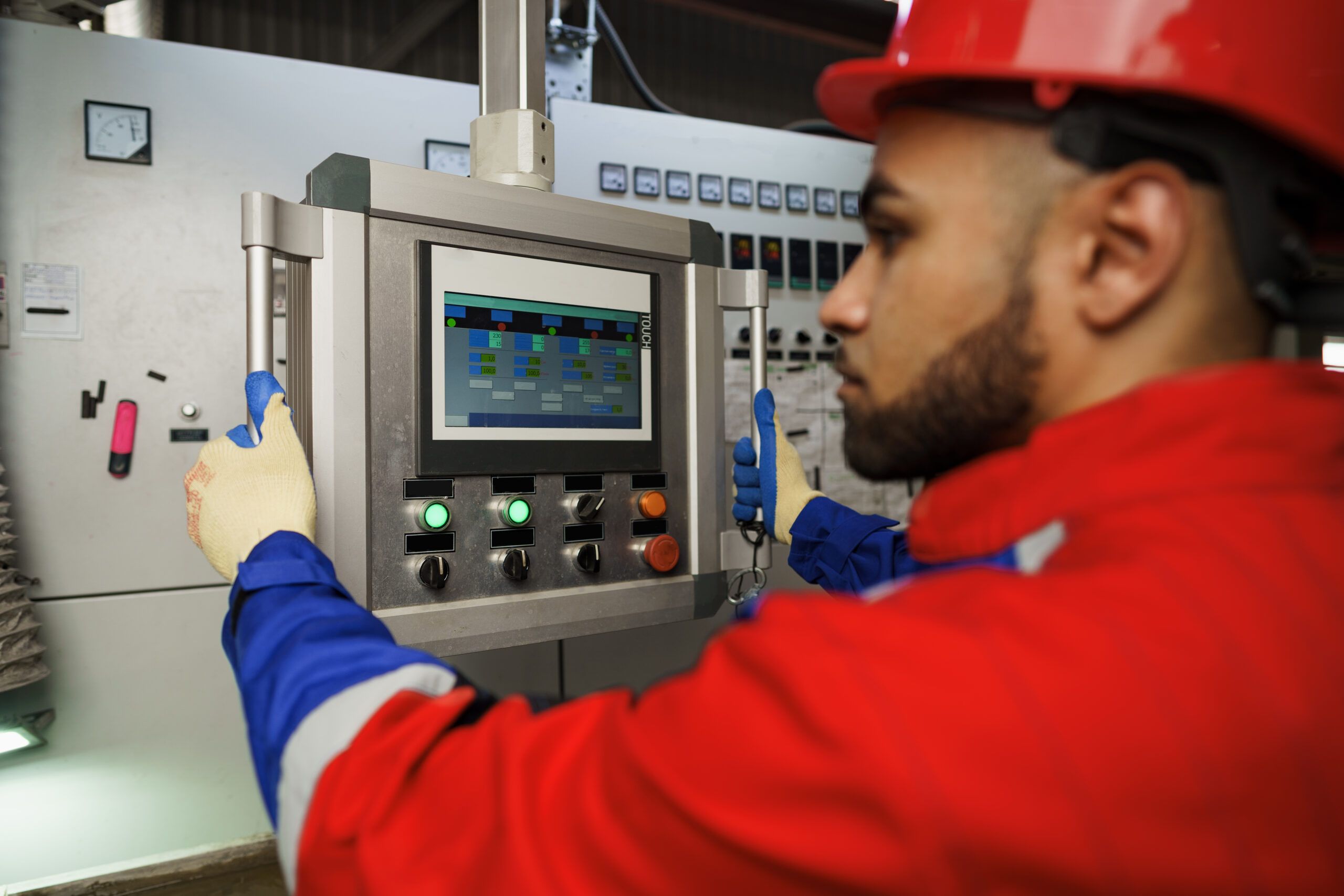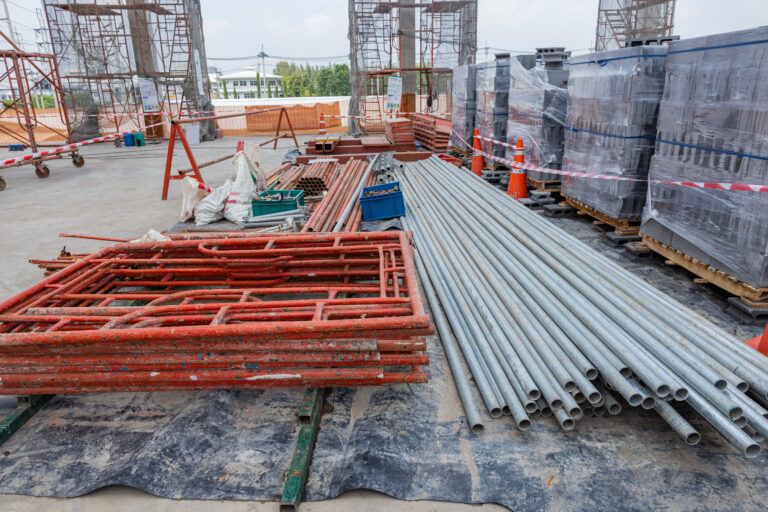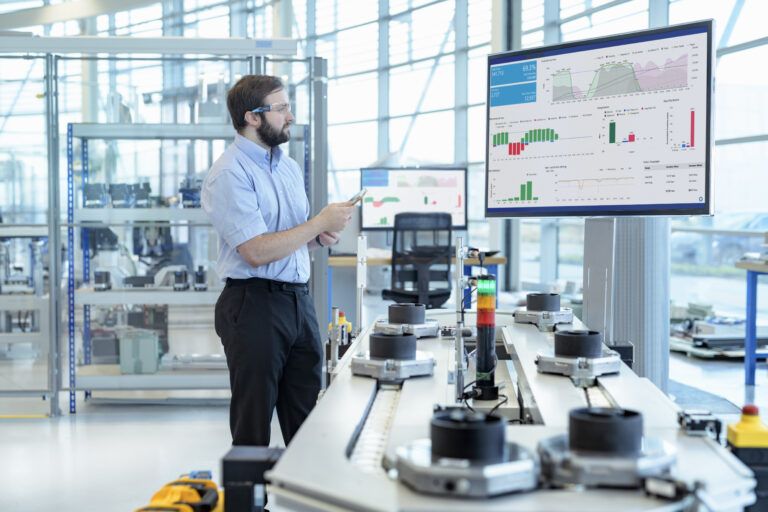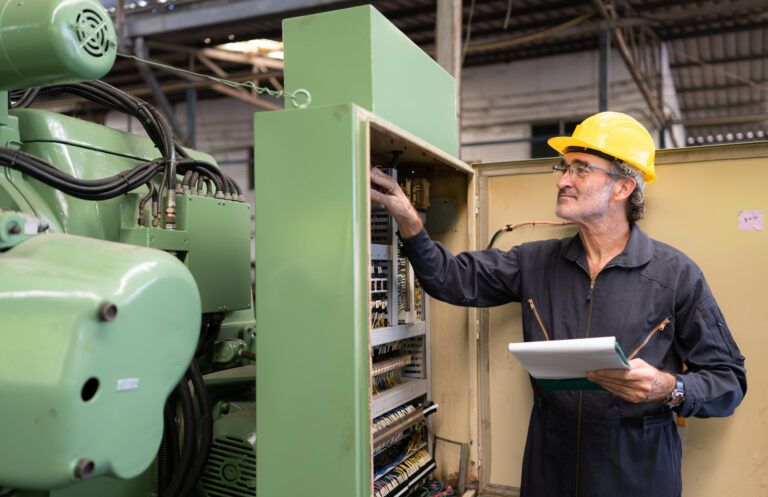Have you ever wondered who ensures the smooth and safe operation of the machinery and processes that drive our industries? Enter the world of Instrumentation & Control Engineers. These unsung heroes play a crucial role in the efficiency, safety, and reliability of industrial operations.
From designing intricate control systems to maintaining the precision of sensors and actuators, their work is behind the scenes yet indispensable. In this article, we’ll dive into what Instrumentation & Control Engineers do, the industries they’re vital in, and the skills and education required to become one. Whether it’s oil and gas, manufacturing, power generation, or pharmaceuticals, these engineers are the backbone of operational excellence. For those interested in pursuing a career in this dynamic field, exploring industrial engineering jobs and opportunities can provide valuable insights into the broader engineering landscape and available positions.
So, if you’ve ever been curious about the brains behind our industrial brawn, you’re in for an enlightening read.
The Main Responsibilities of an Instrumentation & Control Engineer
Instrumentation & Control Engineers are pivotal in ensuring the efficiency and safety of industrial processes through their expertise in designing, maintaining, and improving control systems. Their work is crucial in maintaining the seamless operation of machinery and processes across various industries.
Design and Develop Control Systems
Instrumentation & Control Engineers are responsible for designing and developing control systems that are crucial for monitoring and managing industrial operations. These systems must accurately measure process variables to maintain optimal performance.
Implement PLC and SCADA Systems
A key responsibility includes implementing PLC (Programmable Logic Controllers) and SCADA (Supervisory Control and Data Acquisition) systems. These technologies automate industrial processes, enabling real-time data collection, monitoring, and control from centralised locations.
Specify, Select, and Install Instrumentation
Specifying, selecting, and installing the proper instrumentation is critical. Engineers choose instruments that meet the process’s needs, ensuring accurate measurement and control of variables such as temperature, pressure, and flow rate.
Choose Sensors and Actuators for Process Control
Selecting appropriate sensors and actuators is fundamental for effective process control. Sensors measure process variables, while actuators adjust them, ensuring precise control and operational efficiency based on the specific requirements of each process.
Develop Control Strategies and Algorithms
Engineers develop control strategies and algorithms to optimise process control and management. This involves analysing process dynamics and applying control algorithms, often using PID (Proportional, Integral, Derivative) control and advanced control algorithms, to maintain desired process variables.
Use PID Control and Advanced Control Algorithms
PID control is widely used for its effectiveness in process control. However, for more complex processes, advanced control algorithms are employed, offering enhanced control, adaptability, and efficiency.
Monitor and Maintain Control Systems
Monitoring and maintaining control systems are essential for ensuring ongoing effective operation. This includes calibration, testing, and system adjustments to adapt to changing conditions or improve performance.
Perform System Diagnostics and Troubleshooting
System diagnostics and troubleshooting are crucial when issues arise. Instrumentation & Control Engineers must swiftly diagnose and resolve problems within control systems to minimise downtime and maintain process efficiency and safety. Understanding common challenges in instrumentation & control engineering helps engineers develop more effective troubleshooting strategies and preventive measures. By fulfilling these responsibilities, Instrumentation & Control Engineers significantly contribute to the automation, optimisation, and protection of industrial processes, highlighting their indispensable role in the industrial sector.
Industries Where Instrumentation & Control Engineers Are Crucial
Instrumentation & Control Engineers play a pivotal role in several key industries where precision, safety, and efficiency are of utmost importance. Their expertise is indispensable in sectors such as:
Through their contributions, Instrumentation & Control Engineers enhance the operational efficiency, safety, and reliability of these critical sectors, underlining their indispensable role in the modern industrial ecosystem.
Oil and Gas
In the Oil and Gas sector, instrumentation and control engineers play a vital role in both upstream exploration and downstream processing. Their expertise is crucial for ensuring operational safety and efficiency in the extraction and refinement of oil and gas.
Manufacturing
Within the Manufacturing industry, these engineers are key to the success of Automotive and Electronics production lines. They are responsible for automating and optimising manufacturing processes to achieve high precision and reliability.
Power Generation
Instrumentation & Control Engineers are essential in Power Generation, overseeing the operations of Nuclear, Renewable, and Fossil Fuel plants. Their contributions ensure that energy production is efficient, safe, and compliant with regulatory standards.
Pharmaceutical
In the Pharmaceutical industry, these engineers ensure the integrity of drug formulation and manufacturing processes. Their work is critical in maintaining the strict environmental conditions required for the production of high-quality and compliant pharmaceutical products.
Skills Required for an Instrumentation & Control Engineer
Instrumentation & Control Engineers must possess a broad spectrum of skills to tackle the challenges in their field effectively.
Technical Proficiency in Control Systems
Technical proficiency in control systems is essential, enabling Instrumentation & Control Engineers to adeptly design, implement, and oversee complex control mechanisms vital for industrial operations.
Understanding of Digital Signal Processing
A comprehensive understanding of digital signal processing is crucial, equipping engineers with the ability to accurately interpret and manipulate sensor data for precise control and analysis.
Problem-Solving Skills
Problem-solving skills are paramount, empowering engineers to swiftly identify and rectify issues within control systems, ensuring uninterrupted and efficient process flow.
Analytical Thinking for System Optimisation
Analytical thinking plays a critical role in system optimisation, allowing engineers to assess, refine, and enhance system performance, driving operational efficiency and safety.
Attention to Detail
An unwavering attention to detail is indispensable, particularly in precision in measurement and calibration tasks, which are fundamental to maintaining the accuracy and reliability of control systems.
Precision in Measurement and Calibration Tasks
Precision in measurement and calibration tasks underscores the importance of exactness and meticulousness, ensuring that control systems function within their intended parameters.
Communication and Teamwork
Effective communication and teamwork are vital attributes for Instrumentation & Control Engineers, fostering successful collaboration and project achievement within multidisciplinary teams.
Collaborating with Multidisciplinary Engineering Teams
Collaborating with multidisciplinary engineering teams is essential, necessitating robust communication skills and teamwork to realise project objectives and innovate solutions.
Educational Path to Becoming an Instrumentation & Control Engineer
Becoming an instrumentation and control engineer requires a solid educational foundation in engineering. This educational and professional development path equips aspiring Instrumentation & Control Engineers with the theoretical knowledge and practical skills needed to succeed in this challenging and dynamic field.
Bachelor’s Degree in Engineering
The journey to becoming an Instrumentation & Control Engineer begins with obtaining a Bachelor’s degree in engineering. This foundational education lays the groundwork for understanding broad engineering concepts.
Electrical, Mechanical, or Chemical Engineering
Specialising in fields such as Electrical, Mechanical, or Chemical Engineering provides students with a targeted knowledge base, critical for the specific demands of Instrumentation & Control Engineering.
Specialisation in Instrumentation and Control
Achieving a specialisation in instrumentation and control through focused coursework or projects prepares students for the technical challenges of designing and managing control systems.
Electives or a Master’s Degree in Control Systems
Further specialisation can be pursued through electives or a Master’s degree in Control Systems, offering advanced insights and skills necessary for excelling in the Instrumentation & Control Engineering sector.
Importance of Continuous Learning and Certifications
In the dynamic realm of Instrumentation & Control Engineering, the importance of continuous learning and acquiring professional certifications cannot be overstated. Continuous learning is essential for engineers to remain at the forefront of technological advancements, innovative methodologies, and evolving industry standards. It ensures that engineers are capable of designing and managing the most advanced and efficient control systems.
The commitment to ongoing professional development is vital for ensuring that Instrumentation & Control Engineers can meet the exacting demands of modern industrial operations, characterised by high levels of precision, safety, and efficiency.
Staying Updated with the Latest Technologies and Standards
Staying updated with the latest technologies and standards is critical for Instrumentation & Control Engineers, ensuring the design and management of control systems remain at the cutting edge of efficiency and effectiveness.
Familiarity with IoT and Smart Instrumentation
Familiarity with IoT (Internet of Things) and smart instrumentation is essential, as these technologies offer new possibilities for enhancing control system capabilities, including advanced monitoring, control, and optimisation.
Certifications like Certified Control Systems Technician (CCST) or Professional Engineer (PE)
Achieving certifications such as the Certified Control Systems Technician (CCST) or Professional Engineer (PE) is pivotal, as these credentials validate an engineer’s expertise and commitment to ongoing professional development.
Importance for Career Advancement and Credibility
Pursuing continuous learning and obtaining relevant certifications are key to career advancement and bolstering credibility in the dynamic field of Instrumentation & Control Engineering, highlighting a commitment to excellence and innovation.
Engineering the Future of Industrial Operations
Instrumentation & Control Engineers are the invisible architects of industrial efficiency, designing and maintaining sophisticated control systems across critical sectors like oil and gas, manufacturing, and pharmaceuticals. These professionals combine technical expertise in automation and sensors with strong analytical skills to optimise complex industrial processes. As technology evolves with IoT integration and smart instrumentation, the demand for skilled I&C engineers committed to continuous learning will only continue to grow.
At Vista Projects, our multi-disciplinary engineering team includes experienced Instrumentation & Control specialists who understand the critical role these systems play in industrial success. With nearly four decades of experience across 13 energy sectors, we deliver integrated I&C engineering solutions that reduce total installation costs while maximising operational efficiency and safety.
Ready to optimise your industrial operations with expert I&C engineering? Contact Vista Projects today to discover how our integrated approach to instrumentation and control systems can drive operational excellence for your next project.









